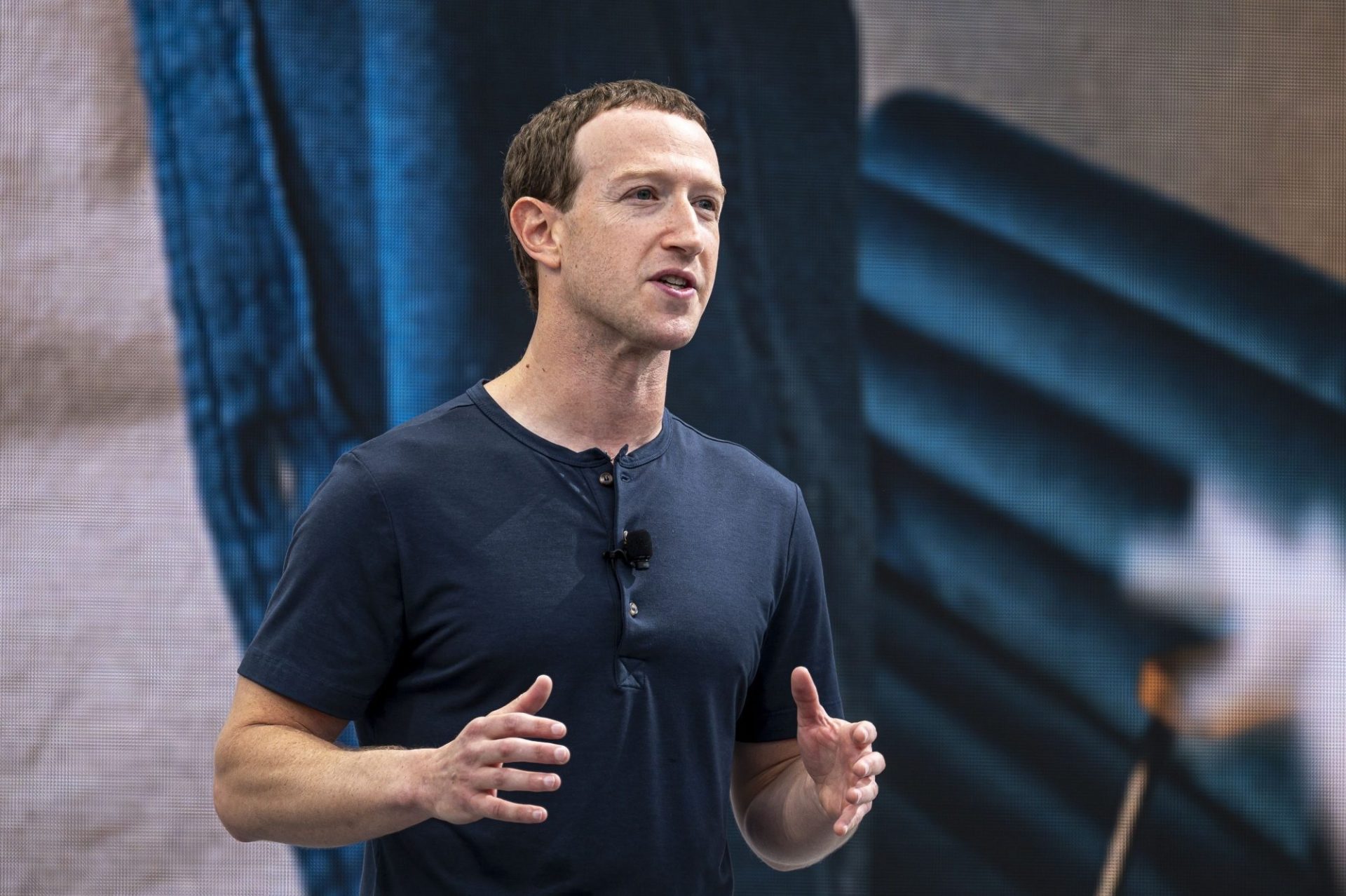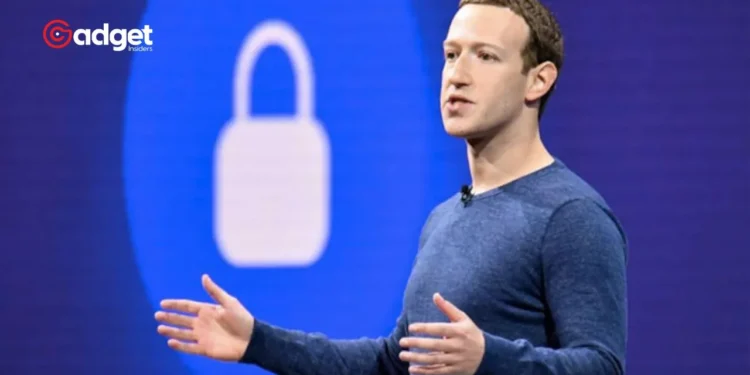In an era where executive compensation is frequently scrutinized, Meta’s latest SEC filings reveal a curious detail about Mark Zuckerberg’s earnings. The CEO of Meta, a prominent figure in the tech industry, opted for a symbolic $1 salary in 2023. However, this seemingly modest compensation is augmented by a substantial $24.4 million in “other compensation,” spotlighting a compensation strategy that is both traditional and increasingly common among tech moguls.

The Symbolism Behind $1 Salaries in Silicon Valley
The concept of a $1 salary might seem perplexing at first, but it has been a longstanding tradition among Silicon Valley elites. This gesture is often interpreted as a sign of confidence by executives in their company’s long-term growth and profitability, suggesting that their personal wealth is sufficiently aligned with company performance through stock options and other incentives, rather than direct cash compensation.
Mark Zuckerberg made just $1 salary from Meta in 2023 – and $24.4M in ‘other compensation’ https://t.co/EAMTBwLQB0 pic.twitter.com/GfYBmtGYSN
— New York Post (@nypost) April 24, 2024
Zuckerberg’s Other Compensation: What Does It Include?
While Zuckerberg’s $1 salary symbolizes his commitment to Meta’s future, the additional $24.4 million in other compensation he received in 2023 is reflective of various benefits, including personal security and private jet usage. These perks are not merely luxuries but are considered essential for protecting high-profile executives. This form of compensation is also a strategic move to retain top leadership without directly affecting the company’s salary budget.

Impact of Executive Compensation on Company Culture and Performance
The structure of executive compensation, particularly in high-tech industries, can significantly influence corporate culture and employee morale. While high compensation packages can attract top talent, disparities between executive and employee pay can lead to discontent and affect overall company performance. Companies like Meta are thus constantly balancing between rewarding their leaders and maintaining a harmonious company culture.
Regulatory and Public Perception Challenges
The public and regulatory scrutiny over executive compensation is intensifying, with demands for greater transparency and fairness. Zuckerberg’s compensation strategy, although legal and not uncommon, does raise questions about the adequacy of current regulations and the ethical considerations of such high remunerations in the backdrop of broader economic issues like wage disparities and corporate responsibility.

The Broader Implications for the Tech Industry
Zuckerberg’s approach to compensation is indicative of broader trends in the tech industry, where compensation strategies are increasingly linked to long-term value creation rather than short-term gains. This shift is reflective of a deeper understanding that the success of tech giants should benefit all stakeholders, including employees, shareholders, and the communities they operate in.
As the tech landscape evolves, the strategies employed by companies like Meta to compensate their leaders will remain under scrutiny. The balance between adequate compensation and ethical considerations will be pivotal in shaping not just the futures of these companies, but also the tech industry at large. The ongoing dialogue around these issues is crucial for ensuring that the growth in the tech sector is sustainable and equitable.









